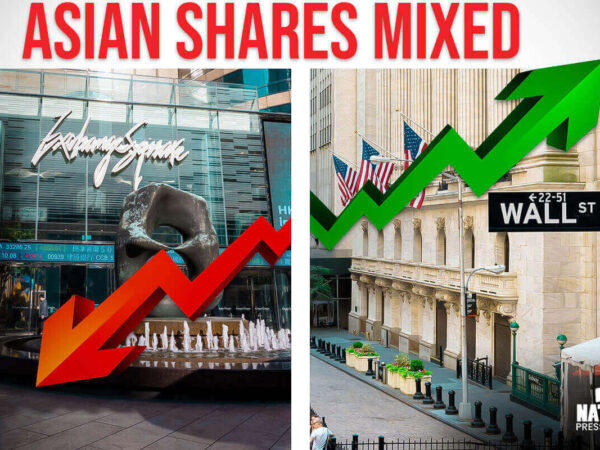Dollar Falls With Treasury Yields as Fed Bets Grow: Markets Wrap
As expectations increased that the Federal Reserve is finished tightening policy and may begin lowering interest rates next year, the dollar is close to a four-month low and Treasuries extended their November rally.
The US dollar declined against all of its peers in the Group of Ten and the majority of its Asian emerging-market counterparts for a fifth day. The Central Bank of New Zealand indicated a higher likelihood of another rate hike next year, which caused the value of the currency to spike.
The tone of Chair Powell’s speech on Friday will be closely watched to determine whether there is a clear shift towards easing, according to a note from Daragh Maher, HSBC’s head of FX strategy for the US. “This would definitely be a challenge to our bullish view of the US dollar if it materializes.”
The Bloomberg Global Aggregate bond index is up 4.9% in November and is headed for its highest level of performance since December 2008, following the release of data that suggested weaker economic growth and slower inflation. The US central bank may start reducing rates earlier than expected, according to billionaire investor Bill Ackman, and the Fed’s most recent dovish statements are also contributing to the greenback’s losses.
The MSCI All Country World Index of stocks has gained 8.8% so far this month, its most since November 2020.
Stocks in Asia were mixed, with Australia a bright spot after cooling inflation bolstered the case for the local central bank to resume pausing interest rates next week. Hong Kong shares slid to the lowest in about a month, weighed by losses in some tech firms following a growth warning by Chinese food-delivery giant Meituan.
US stock futures edged higher while contracts for European peers were steady.
The Kiwi dollar rallied about 1% against the greenback after the Reserve Bank of New Zealand’s new policy rate forecasts show a slightly higher track in 2024, implying a chance of an increase, and no reduction until mid-2025. The central bank kept interest rates unchanged for a fourth straight meeting Wednesday.
Emerging Asian currencies also jumped, led by the Thai baht and Taiwanese dollar. The Japanese yen rose to the strongest level in more than two months, partly due to month-end corporate demand.





